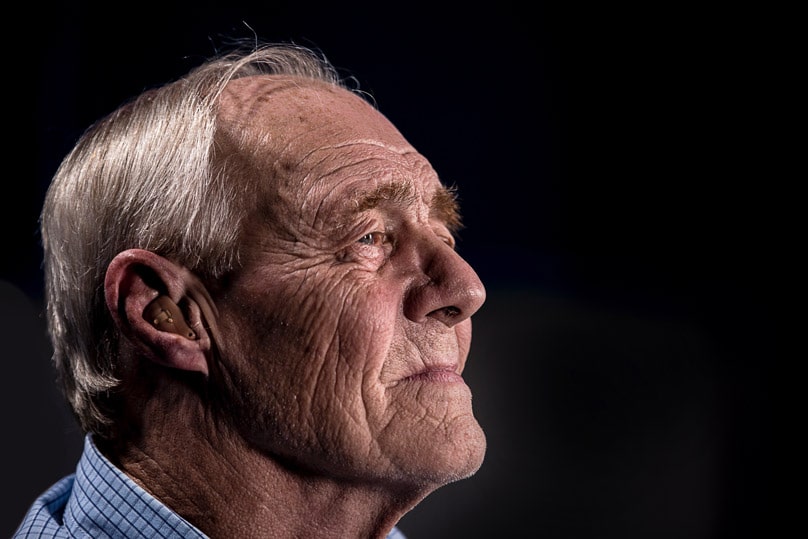
This week, the Victorian Parliament began debating legislation which would permit the legalisation of euthanasia and assisted suicide in that state. It is unsurprising that this is happening in Victoria: with the most liberal abortion laws in the world, and its push to make the “Safe Schools” program compulsory at the same time that other states are abandoning it altogether, it really is the “culture war” capital of Australia.
There is also a push to have similar laws put in place in New South Wales.
If both, or either of these states fall, it is quite likely that other states will soon follow. So stopping the change in law in these states is urgent.
One thing that strikes me in this debate is that I don’t think that everyone pushing for euthanasia is necessarily a culture warrior. There are good people on both “sides.” I believe that many of those who want the legalisation of euthanasia are motivated by love and not malice. It is a good thing to want those around you to not suffer needlessly.
Unfortunately, the otherwise good people who are pushing for legalised euthanasia are not only motivated by a false sense of compassion, but that they are also operating under false information about critical end-of-life issues, and the consequences of changing the law.

I will talk about consequences another time, but today I want to focus on one of the biggest lies that has led to there being so much support for euthanasia, and that is that euthanasia is needed because palliative care is not good enough to manage pain at the end of life.
An open letter to Australian parliamentarians from 105 palliative care specialists released this week said as much.
In the letter, the professionals state their opposition to the legalisation of euthanasia and assisted suicide, and defend palliative care against the attacks being made against it for political gain.
The first thing these specialists note is that Australia’s palliative care is rated the second best in the world. The standard of care provided by Australian palliative care experts is world class, yet their achievements are too often ignored by those who would prefer to paint a bleak picture of palliative care in order to achieve an ideological end.
The next piece of misinformation the group addresses is the claim that palliative care is insufficient to deal with pain. They note that “current Australian data indicates that no more than 2 in every 100 palliative care patients would be in moderate or severe pain at the end of life” and go further to say that in these limited cases, the option of palliative sedation is available.
Far from being some type of proxy for euthanasia, these specialists declare that the doses are individually and specifically considered, therapeutically recognised, and administered by experienced health care professionals.
And just in case anyone believes that these 105 professionals are somehow a radical group of conservatives, it should be noted that – according to the Australian Institute of Health and Welfare – there are only 148 palliative medicine specialists in the country. These 105, then, make up more than 70 per cent of the entire profession. Between them, they service 31,500 people per year, which is an overwhelming load. Yet, they still manage to be rated so highly as compared to the rest of the world.
Despite this already great result, these professionals still want to do more. This is why they are asking governments for more assistance.
Palliative Care Victoria has asked the Victorian government for an additional $65 million per year to improve its services, and to ensure that patients have access to good quality palliative care at the end of their life.
The need for increased resources has already been confirmed by the Victorian government itself. A 2015 Auditor-General report found that metropolitan community palliative care services were “struggling to cope with increasing demand,” meaning that some patients were not able to access palliative care at home in a timely way.
Finally, the group points out that without the funding for additional resources, then any claim of this being about end-of-life choices is disingenuous. Because how can a person have a “choice” at the end of life if only limited options are available?
They write:
It would be unethical for any state jurisdiction in Australia to move to legalise for assisted suicide or euthanasia whilst many ill, aged and disabled Australians cannot yet access the support that they need. Such a move would not enhance choice, but instead reduce choice around the care and support for those in real need.
What an amazing group of professionals. Just imagine what they could do with the additional funding they seek.
It’s about time that MPs stopped listening to the lies of ideologues, and instead to those who dedicate their lives to the care of the sick and dying.
